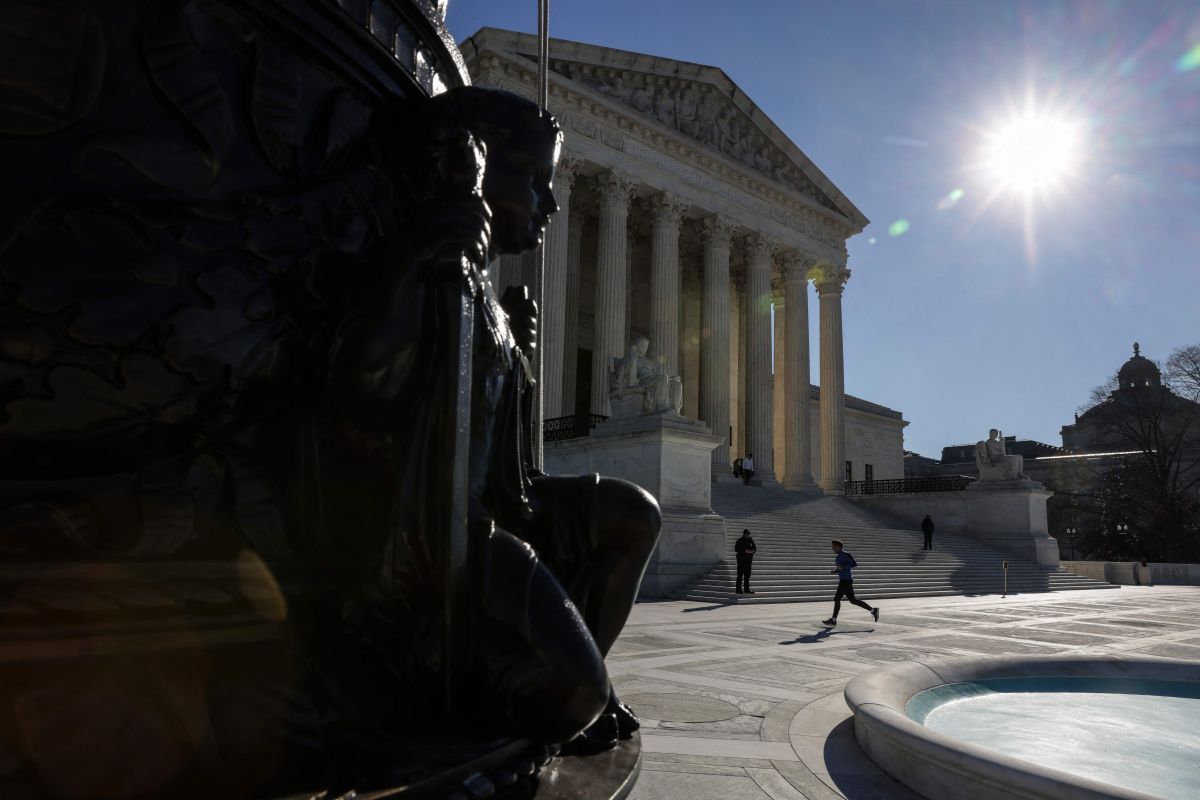Last Thursday, the United States Supreme Court released a decision declaring the policy of affirmative action — also known as equalization of rights — in education unconstitutional. As President of the Hispanic Federation, I believe that this decision is an affront to our ideals as a nation and to communities of color across the country, who have always faced obstacles and barriers to higher education.
A day later, the Supreme Court struck down President Joe Biden’s visionary proposal to forgive college loan debt, which affects everyone who has been unable to pay the often exorbitant costs of higher education.
The concept of affirmative action, or affirmative action in English, it was coined in 1961, when then President John F. Kennedy applied it to a series of measures to promote equality in the labor field, mainly for the benefit of African-American workers. Since then, this equalization of rights has been extended to other spheres, such as gender equality, sexual identity and, of course, also to university education.
The application of that policy opened the doors of universities to millions of Latino and African-American students. It has been a transformative policy, because it made it possible for not only Hispanic students, but students of color in general, to move towards educational equality in times when the path to higher education establishments was too often closed to them. This, despite the fact that they had and still have the will, the commitment and the intelligence required to achieve it.
In other words, the affirmative action policy has been the tool that has allowed our young people –and those of other minority sectors- to recover in part the opportunities that had been denied to them in primary and secondary school due to the inequalities and injustices of many education systems.
The supreme court’s decision, made despite four decades of positive affirmative action results, will undoubtedly lead to greater disparity and more lost opportunities for generations to come. This is confirmed by institutions of the prestige of Harvard University, which estimates that the proportion of students from our community studying on its faculty will decrease from 14 percent to 9 percent, while the proportion of African-American students will decrease from 14 percent. percent to six percent.
Education in general, and university education in particular, serves to improve lives, and for its beneficiaries to get out of poverty and advance in life, thus helping their communities and society as a whole to advance.
Added to this Supreme Court decision is the refusal to forgive debts that many low-income people contracted when they were too young to get into debt or indebted their families in order to study and improve.
The results of both decisions will be very serious. For this reason, our Hispanic Federation is committed to continue fighting until all of our young people who have the necessary skills can study at the university of their choice and make their dreams and ambitions come true.
And if you want more information about our Hispanic Federation and its many organizations, visit www.hispanicfederation.org
Celebrate our 33rd anniversary with us, and see you in the next column!
Frankie Miranda is the president of the Hispanic Federation
